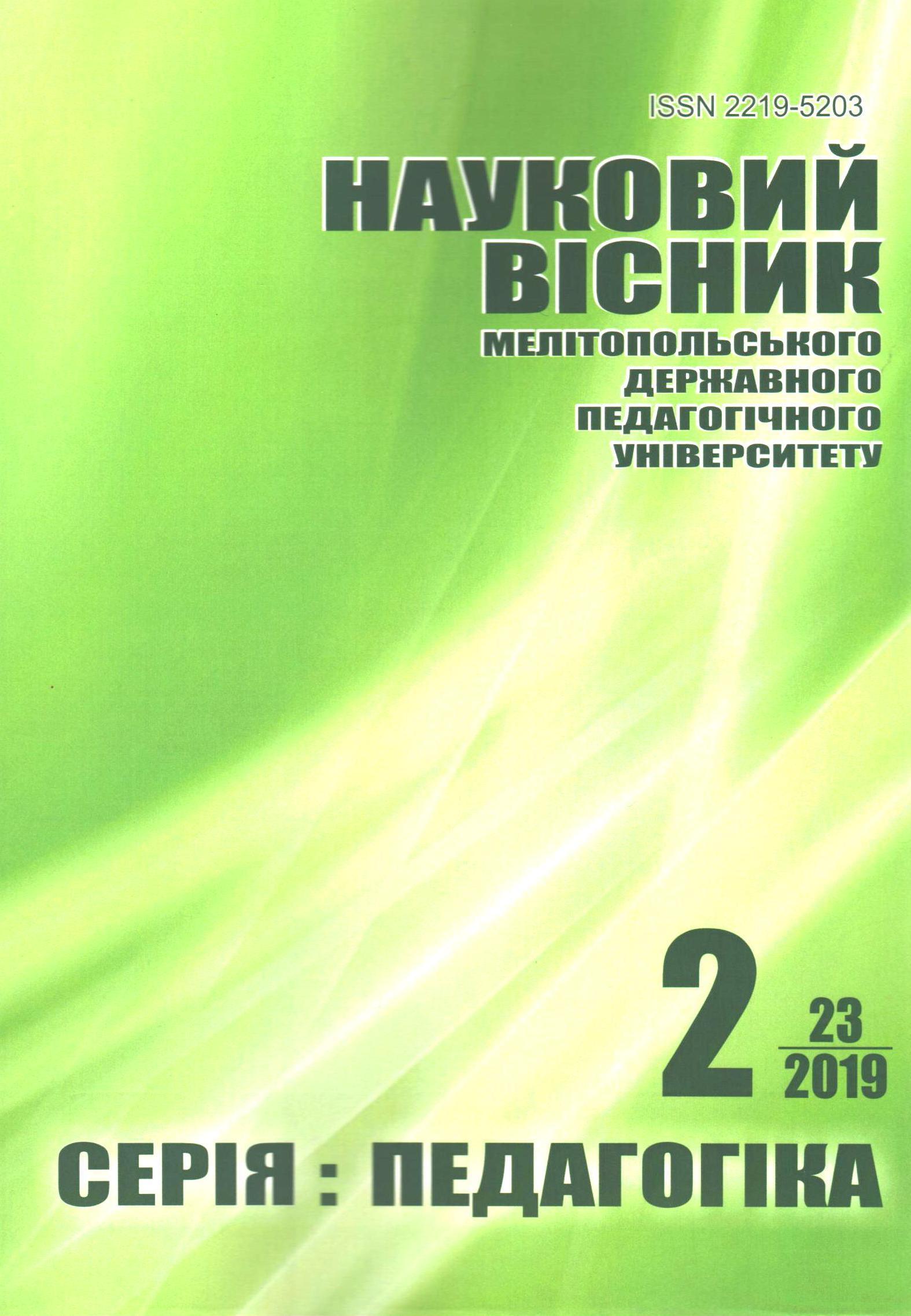Methodological Foundations of the Formation of Interpersonal Communication of Pupils of Primary School Age under the Conditions of Inclusive Education
Abstract
The paper is dedicated to the problems of the methodological support of the system of inclusive education in Ukraine. The article also considers the fundamental philosophical views and psychological and pedagogical technologies which became the basis for implementation of the inclusive education practice of the world's major countries. The views of the representatives of existentialism and behaviorism toward man and his being in the context of inclusive education were analyzed. The article also points to the reasonability of study of special aspects of behavior of child with special needs by means of observation. The individual child’s support was determined as the main method of work with a child. The necessity of the development of skills of interpersonal communication from the pupils of the primary school age studying at the inclusive form was underlined. The paper also specified that every child has to learn not only tolerant attitude toward other partner but also understanding of own responses to extrinsical stimuli, being able to learn to control himself or herself and his/her condition in such a way. The necessity of the system approach to the formation of interpersonal relations of pupils was substantiated. The educational work plan was determined as the main tool of teacher's work systemization. The importance of the arrangement of inclusive education on the basis of the moral values and refusal of teacher’s authoritarianism was stressed. The fundamental principles, tasks and the directions of practical activity of teachers working with children with special educational needs were determined.




